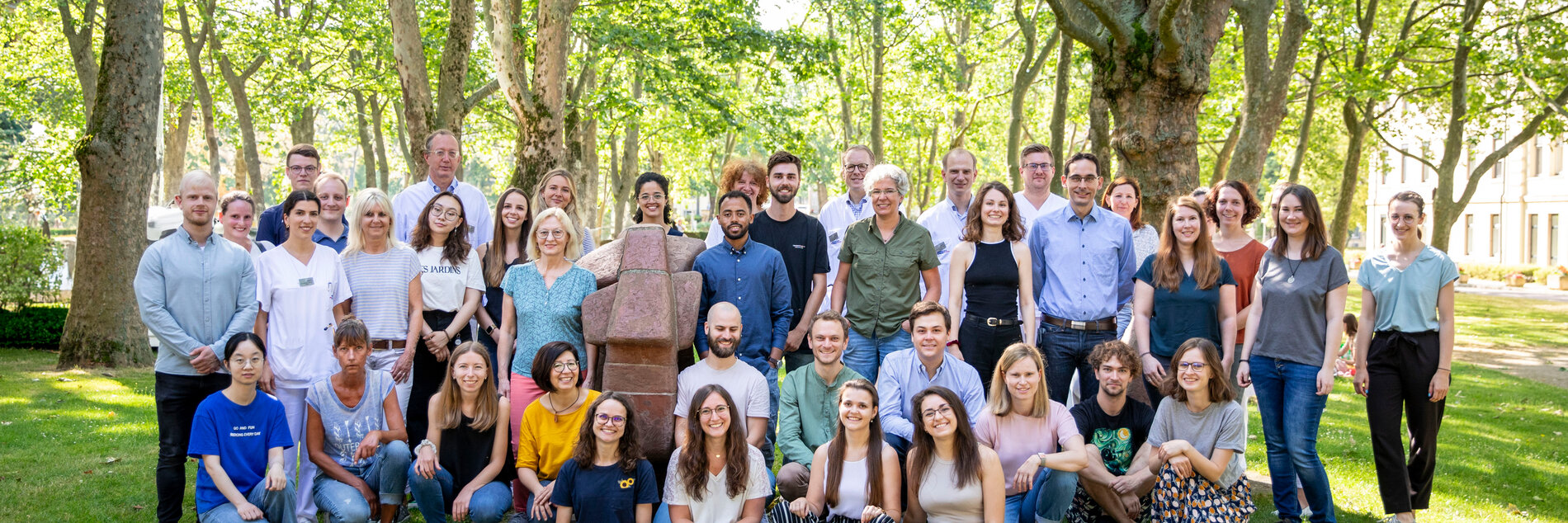TRANSLATIONAL EXPERIMENTAL IMMUNOLOGY LAB

Prof. Dr. Maike Hofmann
Head of the Translational Experimental Immunology Section
Head of Research MED II
+49 (0) 761 270-35091

Prof. Dr. Dr. Bertram Bengsch
Head of the Translational Systems Immunology Section in Hepatogastroenterology
+49 (0) 761 270-32870








